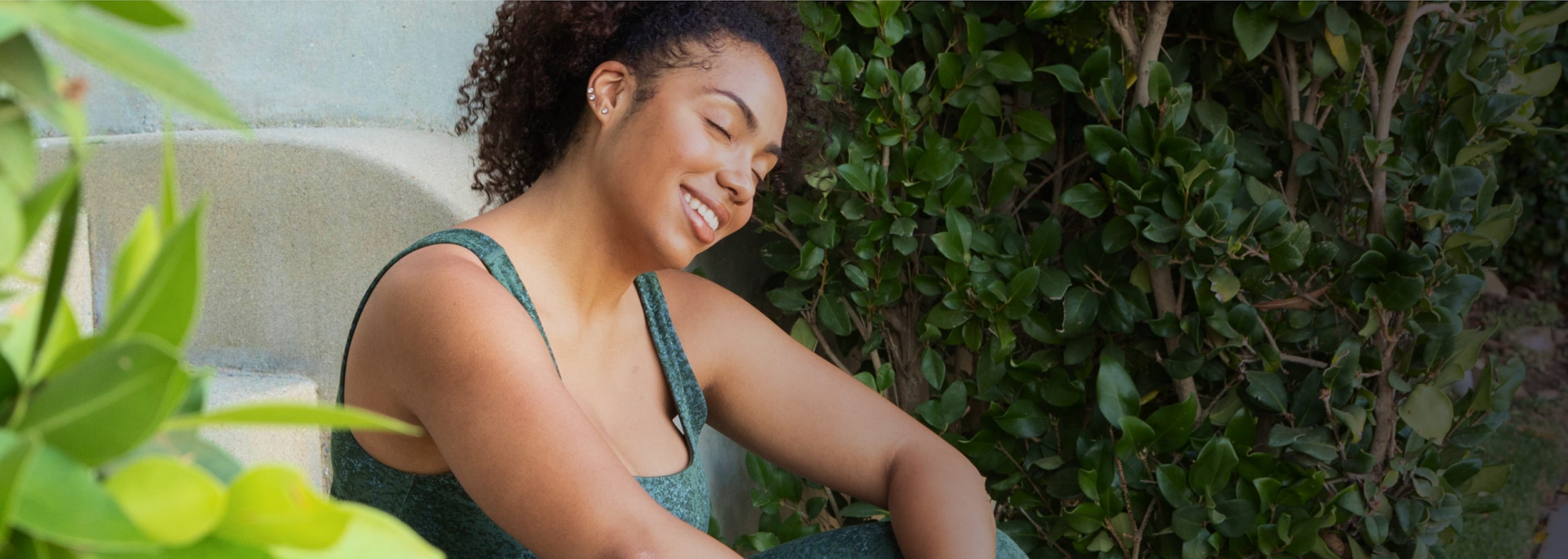 What Are the Most Common Side Effects of Gastric Sleeve Plication Surgery?
What Are the Most Common Side Effects of Gastric Sleeve Plication Surgery?
Despite the early promise of gastric sleeve plication surgery, patients must understand that it is a major surgical procedure. As such, it does produce side effects, of which patients should be fully aware before committing to surgery. By providing patients with thorough information, we can help them make confident, informed decisions about whether to proceed with weight loss surgery along with which procedure works best.
First, it is important to distinguish between side effects and major complications. Short-term side effects are more common than major complications, which have so far proven to be rare with gastric sleeve plication surgery, especially when compared to other forms of traditional bariatric surgery.
The most common side effect of gastric sleeve plication surgery is nausea, often accompanied by vomiting. For most patients, we can control this side effect with medication. In nearly all patients, nausea resolves on its own within a week of surgery.
Another common side effect of gastric sleeve plication surgery is a change in bowel function, which may manifest itself as either diarrhea or constipation at any given time, depending on the patient’s diet. During the initial two weeks after surgery, patients consume an entirely liquid diet, after which tiny amounts of foods, beginning with pureed and then soft foods will be introduced at regular intervals until six months post-op. At that point, patients will be able to eat a normal diet, according to their post-surgical standard, and all issues with bowel function should be resolved.
Major long-term complications from surgery can include infection, internal bleeding, and - in the longer term - malnutrition. Most surgeries are successful and safe, but possible complications such as the following can occur:
- Damage to organs or blood vessels
- Leaks from the stitches creating the stomach folds
- Separation of the stomach folds

The latter two problems require revision surgery to correct. What patients should remember is that they should remain optimistic as weight loss takes time and commitment. It's not a quick fix but a long-term solution. Generally, gastric plication produces slower results than other types of bariatric surgery. At the same point, though, patients won't experience severe complications that other types of weight loss surgery such as gastric bypass can produce. Because gastric plication surgery does not alter the intestines, there is less chance of patients experiencing nutritional deficiencies that can occur with gastric bypass, duodenal switch, or other surgeries that decrease the absorption of nutrients through the small intestines.
Compared to other bariatric surgeries, short-term weight loss with this surgery is generally more modest. One side effect of this can be a feeling of discouragement. Patients must remain optimistic and patient, as weight loss takes time and commitment.
Are you ready to learn more about gastric sleeve plication surgery and its possible side effects? Please contact us at Tijuana Bariatric Center today. If you prefer, you can request a virtual consultation now. Gastric plication surgery can help you live a healthier and more fulfilling lifestyle. For more information on how gastric plication surgery can benefit you, call us at 800-970-0577.
Tagged In: Gastric Sleeve Plication, Bariatric Surgery

